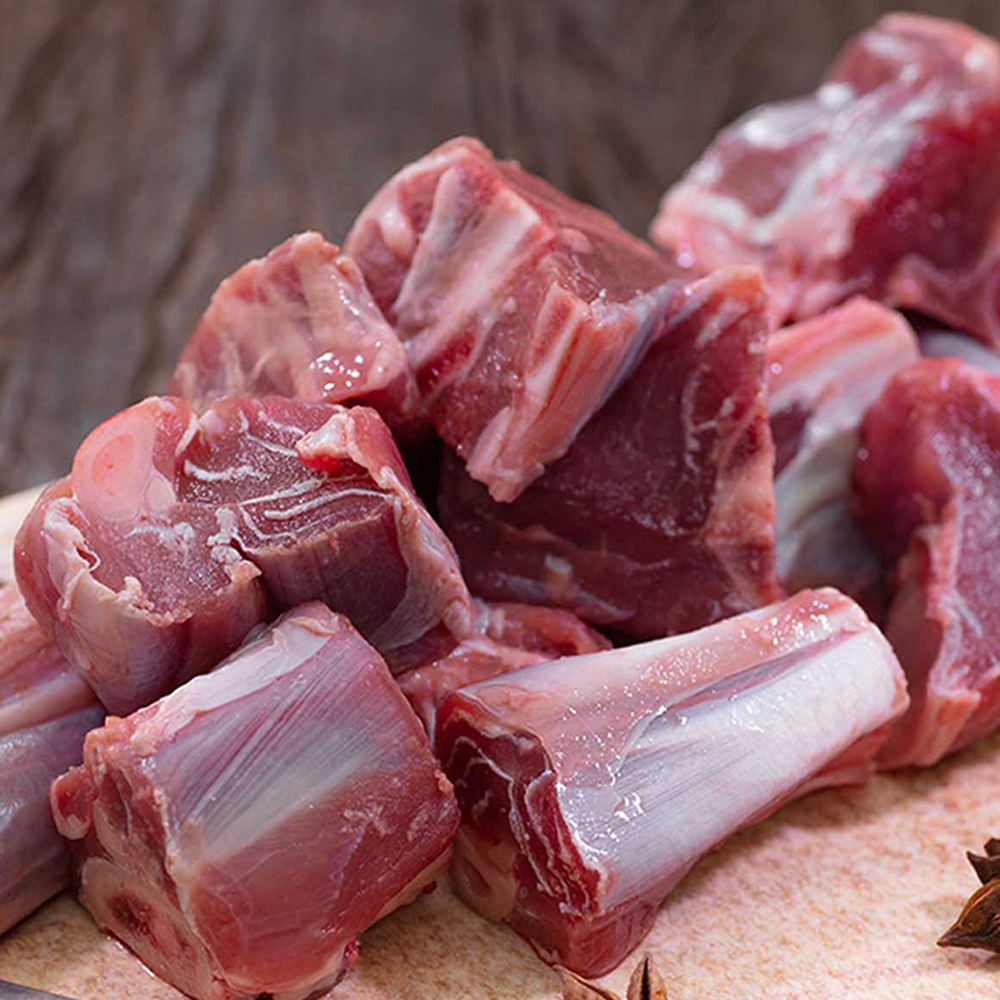Description
Origin:
Goat meat, also known as chevon or mutton (in some regions), comes from domestic goats, which were first domesticated in the Middle East around 10,000 years ago. Goats are a primary livestock in many developing countries. Goat meat is popular in many cuisines, including Nigerian, Indian, Caribbean, and Middle Eastern dishes.
It has a unique flavor that can vary from mild to strong, depending on the animal’s age and diet
Other Names:
Yoruba: Eran ewure
Igbo: Anụ ewu
Hausa: Nama na awaki
Swahili: Nyama ya mbuzi
Health Benefits:
High in protein and low in fat compared to other red meats.
Contains essential amino acids and is rich in iron, which is vital for oxygen transport in the blood.
Provides vitamin B12 and potassium, important for nerve function and muscle health.
Nutritional Information (per 100g):
Calories: 143 kcal
Protein: 27 g
Fat: 3 g
Iron: 3.7 mg (20% of Daily Value)
Vitamin B12: 1.9 µg (32% of Daily Value)
Fun Fact: Did you Know?
Goats are herd animals and will become depressed if kept without any goat companions. So, it is unhealthy for a goat if a family just owns one as a pet.
Uses:
Commonly used in curries, stews, grilled dishes, and soups.
In Nigeria, goat meat is often prepared as “pepper soup” or grilled as “asun.”
Recipes & Videos:
International Recipe: Jamaican Goat Curry Video: How to Make Jamaican Goat Curry
Local Recipe: Nigerian Goat Meat Pepper Soup Video: Nigerian Goat Meat Pepper Soup Recipe
Best Storage Method: Store in the refrigerator or freezer in airtight packaging.
Shelf Life: In the fridge: 3-5 days.
In the freezer: 4-6 months.

 Cart is empty
Cart is empty 











Reviews
There are no reviews yet